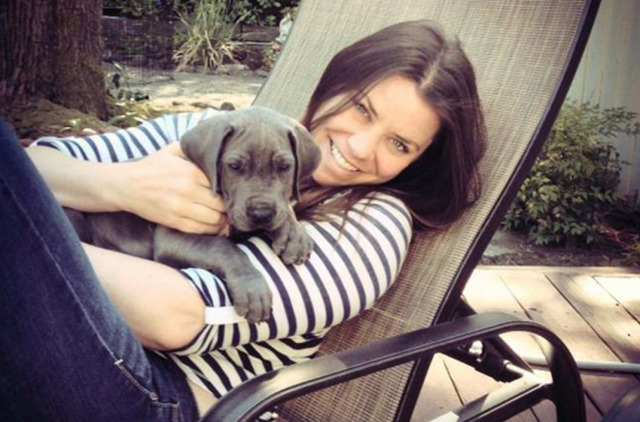
(Compassion and Choices/BrittanyFund.org)
Cancer patients and doctors are suing the state of California to allow physicians to prescribe lethal medication to terminally ill patients who request it. The lawsuit was filed Wednesday, just three weeks after lawmakers proposed an "aid in dying" bill.
"I want to be in control of my life and die a peaceful death here in California, which is my home," said Christie White, a plaintiff in the case.
She spent two years in the hospital battling leukemia. She's in partial remission now, but the sense of helplessness she felt during her treatment haunts her. She says she's suing the state so she can have more say over when and where she dies.
"It's time for California to get out of the way and let qualified patients like me make our own end-of-life decisions," she said.